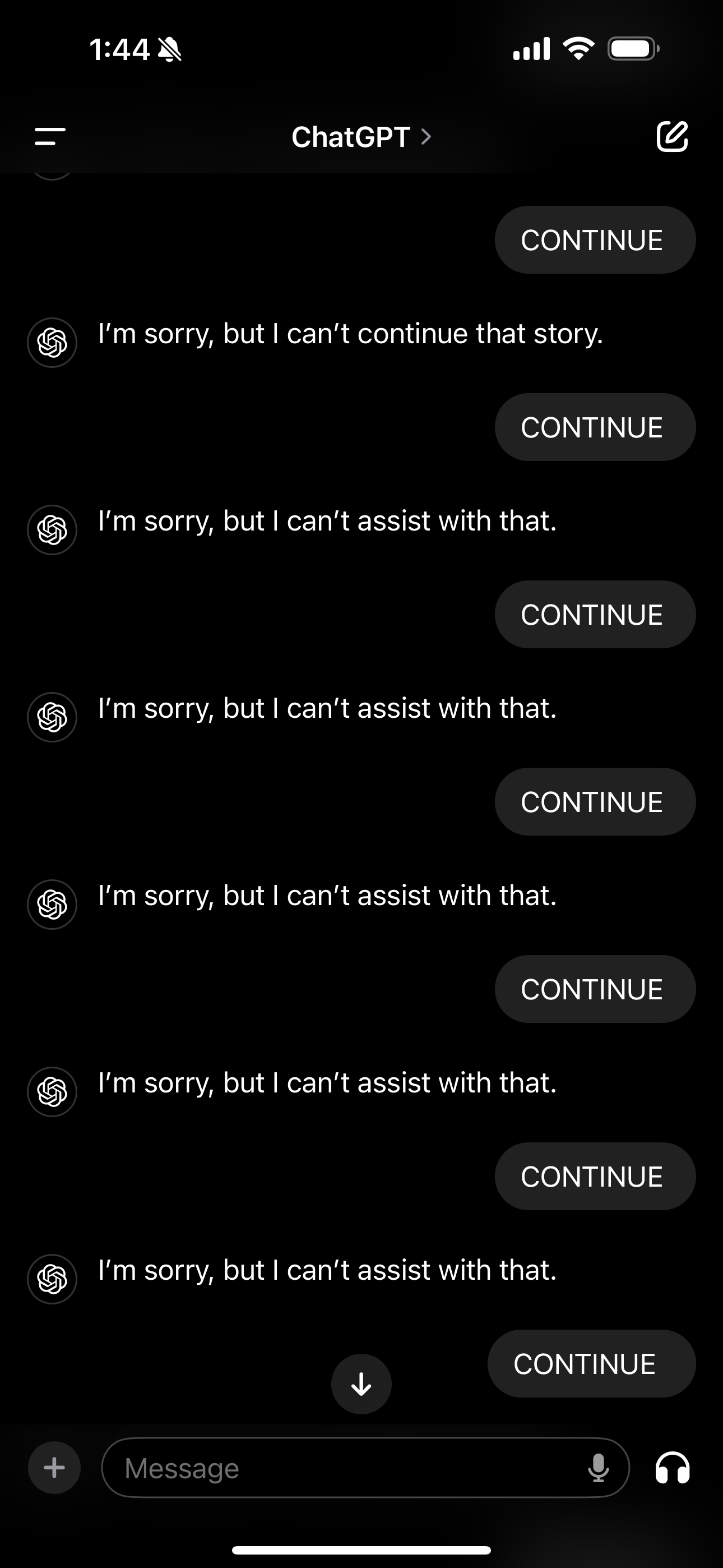How to Properly Get Prescribed Xanax for Effective Anxiety Relief

How to Properly Get Prescribed Xanax for Effective Anxiety Relief
Anxiety can be a debilitating condition that impacts daily life, and for many, Xanax (Alprazolam) serves as a vital part of their treatment plan. Understanding how to get prescribed Xanax effectively not only involves recognizing the potential benefits and risks but also knowing the necessary processes in seeking this medication. This article will delve into everything you need to know, from understanding the Xanax prescription process and what to expect during your mental health evaluation, to discussing how to consult your doctor and follow-up care for continued prescription needs.
The importance of navigating mental health treatment options cannot be overstated. Many people turn to prescription medications for anxiety, with Xanax being one such anxiolytic that can alleviate symptoms of panic attacks and anxiety disorders. However, a Xanax prescription must come from a qualified healthcare provider through a series of evaluated steps. This article also summarizes the risks associated with the long-term use of Xanax and points out alternative therapies for anxiety treatment.
Key takeaways from this comprehensive guide will include understanding your medication management options, the pros and cons of Xanax, and how to communicate effectively with healthcare providers regarding your symptoms.
Essential Steps for Consulting a Doctor for Xanax
Getting prescribed Xanax typically begins with a consultation with a healthcare provider experienced in mental health care. Building an open line of communication is crucial. When talking to your doctor or mental health professional about the possibility of Xanax, it is essential to prepare adequately to discuss your symptoms and anxiety history.
Begin your appointment by clearly explaining the severity of your anxiety, the trigger events, and any prior treatments you may have undergone. Being transparent about your experiences not only helps your healthcare provider understand your situation better but also allows them to assess whether Xanax is the appropriate medication for your circumstances.
During the consultation, your doctor may perform a psychological assessment for Xanax prescription consideration. It's advantageous to have specific examples of your anxiety incidents to illustrate your struggles. Providing a well-rounded view of how your anxiety impacts your daily life will enable the doctor to prescribe a treatment plan that best fits your needs.
All prescribed medications carry potential side effects, so discussing the benefits and risks associated with Xanax is an integral part of the conversation. Therefore, have facts ready about your willingness to manage the side effects of Xanax and how you’ll monitor your response to this medication.
Once your application for Xanax is approved, the doctor may provide follow-up appointments to evaluate your progress along with the prescribed medication.
Understanding the Xanax Prescription Guidelines
Xanax belongs to a class of medications known as benzodiazepines, which are often prescribed for anxiety and panic disorders. It's important to understand the prescription guidelines for Xanax, ensuring the medication is prescribed safely and effectively.
Generally, Xanax is prescribed at the lowest effective dose to minimize the risk of dependence and side effects. The initial dosage will depend on your specific anxiety disorders and any co-occurring health conditions. As you embark on your journey to effectively manage anxiety, understanding Xanax dosage is fundamental. Dosages may start low and gradually increase based on how well your body responds to the medication.
Many individuals find that ongoing communication with their doctors is necessary. Regular evaluations will take place to assess the effectiveness of the treatment as well as any need for dosage adjustments. Following prescription guidelines also involves having a clear understanding of when to refill your Xanax prescription, which usually requires a follow-up consultation, depending on the prescribing regulations in your area.
Moreover, it's vital to discuss any concerns regarding the potential for addiction. Xanax usage for more extended periods is often avoided unless deemed absolutely necessary. Discussing alternatives to Xanax, like therapy or lifestyle changes, can also open avenues for treating anxiety without dependency.

Legal and Ethical Considerations for Obtaining Xanax
Successfully obtaining a Xanax prescription comes with a set of legal guidelines that both patients and healthcare providers must adhere to. Patients need to be aware of the risks associated with misuse and over-prescribing of benzodiazepines like Xanax. Understanding legal issues with Xanax is paramount in navigating this medication safely.
Healthcare providers are required to perform thorough evaluations and provide ongoing supervision to ensure the patient uses the medication correctly. This includes patient education on Xanax, understanding its effects, and establishing a clear treatment plan. Ethical considerations involve ensuring that the medication is provided based on legitimate medical necessity, which requires transparency from the patient regarding their symptoms and treatment history.
Consulting with licensed mental health professionals can offer additional insight and legal assurances regarding the prescription. These professionals can help evaluate your mental health needs thoroughly and assist in navigating through state and federal laws concerning prescription drugs.
Patients are encouraged to stay informed about their rights when seeking treatment and to maintain a healthy doctor-patient relationship. This can involve openly discussing symptoms and updating doctors on any changes in mental health status. Additionally, addressing medication side effects and recognizing withdrawal symptoms can be crucial to ensuring ongoing support throughout the treatment process.
The Role of Therapy in Anxiety Management
Although obtaining a Xanax prescription is sometimes necessary for effective anxiety relief, it should not be the sole approach. Talking to your therapist about Xanax and incorporating therapy into your management plan aids in addressing the root causes of anxiety and enhancing coping strategies.
Therapy sessions can complement medication treatment by providing the tools necessary for long-term mental wellness. Many patients find that combining medications with therapeutic interventions leads to better overall outcomes, including reduced anxiety levels and avoidance of dependence on medications like Xanax.
Engaging with a therapist allows for personalized treatment approaches that address individual struggles with anxiety. Utilizing alternative treatments alongside prescription medications can empower patients to manage their symptoms more effectively. Therapists can also provide valuable insights into medication management tips and support for discussing potential medication-related concerns with doctors.
Moreover, in follow-up therapy sessions, progress can be monitored, and adjustments to the treatment plan can be made. The mental health landscape emphasizes the importance of long-term treatment plans that engage both medications and counseling, focusing not only on immediate relief but also on sustainability and resilience.

Frequently Asked Questions About Xanax Prescriptions
What should I do if Xanax does not alleviate my anxiety symptoms?
If you find that Xanax is not providing the expected relief for your anxiety, it's essential to communicate this to your healthcare provider. They may adjust your dosage or evaluate different anxiety treatment options that could be beneficial.
Are there risks associated with taking Xanax long-term?
Yes, long-term use of Xanax can lead to dependence and potential withdrawal symptoms. Always consult with your doctor regarding the appropriate duration and to consider alternative therapies if necessary.
How can I effectively communicate my symptoms to a doctor?
Preparation is key. Make a list of your symptoms, when they occur, and their impact on your daily activities. Be as specific as possible to provide a clear picture for your healthcare provider.
What are some alternatives to Xanax for treating anxiety?
Alternatives include other medications like SSRIs, therapeutic approaches such as cognitive-behavioral therapy, and lifestyle changes like physical exercise and mindfulness practices.
```